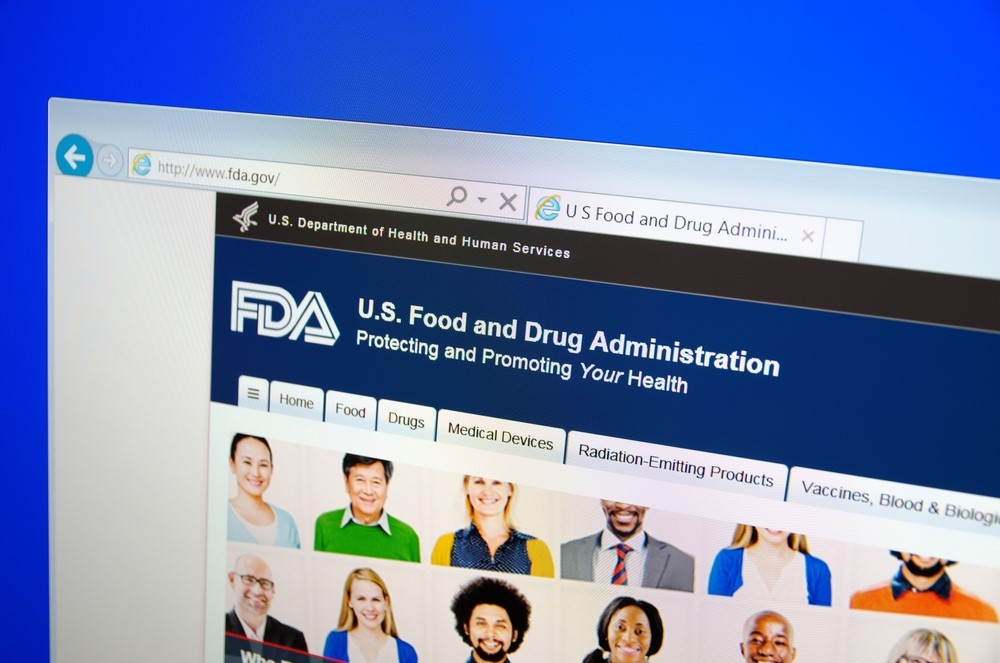Nov. 30, 2017 – False or misleading risk presentation and claims about efficacy were the primary concerns listed in the Office of Prescription Drug Promotion’s (OPDP’s) second Warning Letter of the year, demonstrating that the issues cited in previous years’ enforcement letters remain a priority for the agency.
“While this is only the third enforcement letter from OPDP this year, the letter is a wake-up call to sponsors and marketers who think that OPDP is not enforcing FDA policies,” said Coalition for Healthcare Communication Executive Director John Kamp. “This letter looks like the answer to a law school exam, i.e., it’s full of assertions that the sponsors failed to do just about everything required to comply with long-standing FDA marketing policies and regulations.”
The Nov. 14 Warning Letter, sent to Amherst Pharmaceuticals, LLC, and Magna Pharmaceuticals Inc., cites a “product information” page on the Amherst website and Magna booth and exhibit materials, stating that both “make false or misleading claims and/or representations about the risks associated with and efficacy of Zolpimist (zolpidem tartrate) Oral Spray, which is indicated for the short-term treatment of insomnia/difficulties with sleep initiation.
OPDP states that both the webpage and exhibit panels “fail to communicate any risk information,” and, as such, “fail to provide material information about the consequences that may result from the use of the drug and create a misleading impression about the drug’s safety.” Further, the letter adds that this situation is “especially problematic from a public health perspective given the serious and potentially life-threatening risks associated with the drug.”
The letter calls out five specific webpage claims and one exhibit panel claim that “misleadingly suggest that Zolpimist is clinically superior in efficacy to other oral zolpiderm products in the treatment of insomnia because of its formulation and mode of delivery” without references to support that superiority. “FDA is not aware of data to support the claims,” the letter states. “If you have data to support these claims, please submit them to FDA for review.”
OPDP also raises concerns about webpage and exhibit panel statements regarding the use of Zolpimist, because “they fail to include material information regarding the FDA-approved indication.” Additionally, the letter cites the companies for failing to submit their promotional materials to the agency under Form FDA-2253 at the time of initial dissemination/publication.
The tally of OPDP enforcement letters in 2016 was eight, with three Warning Letters and five Untitled Letters; the total number of enforcement letters in 2016 was 11. With only three enforcement letters issued to date, 2017 is looking to be a record low year for promotional infraction enforcement. However, as this recent letter demonstrates, “When OPDP does act, it often cites issues that the agency has cited over and over again, which gives industry pretty clear insight into what might cause the agency to pull the enforcement trigger,” Kamp noted.




